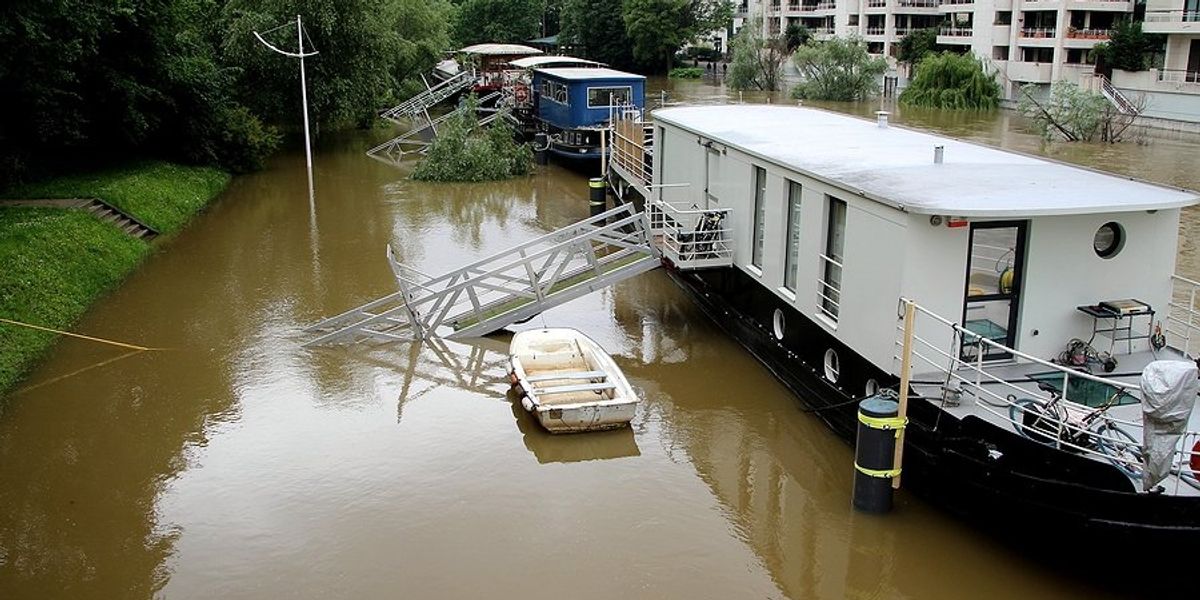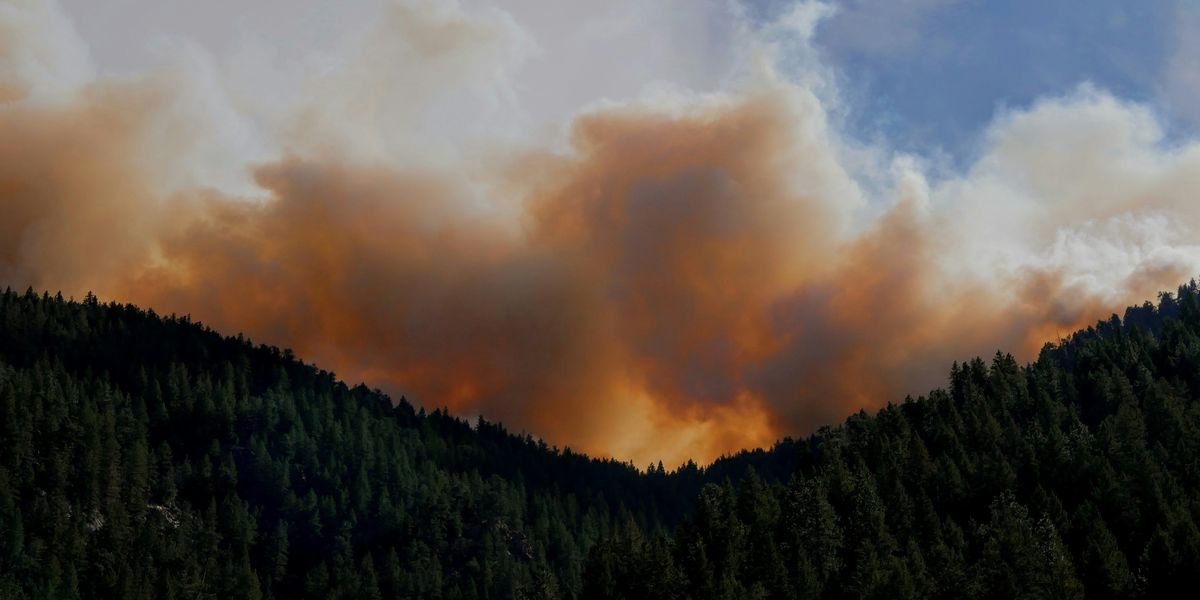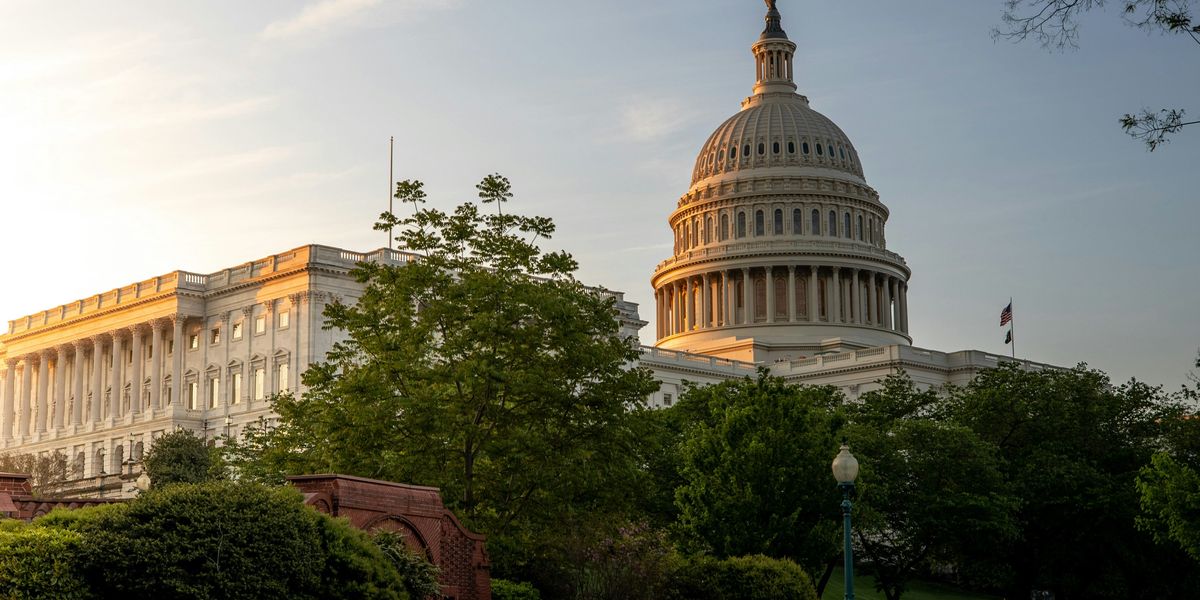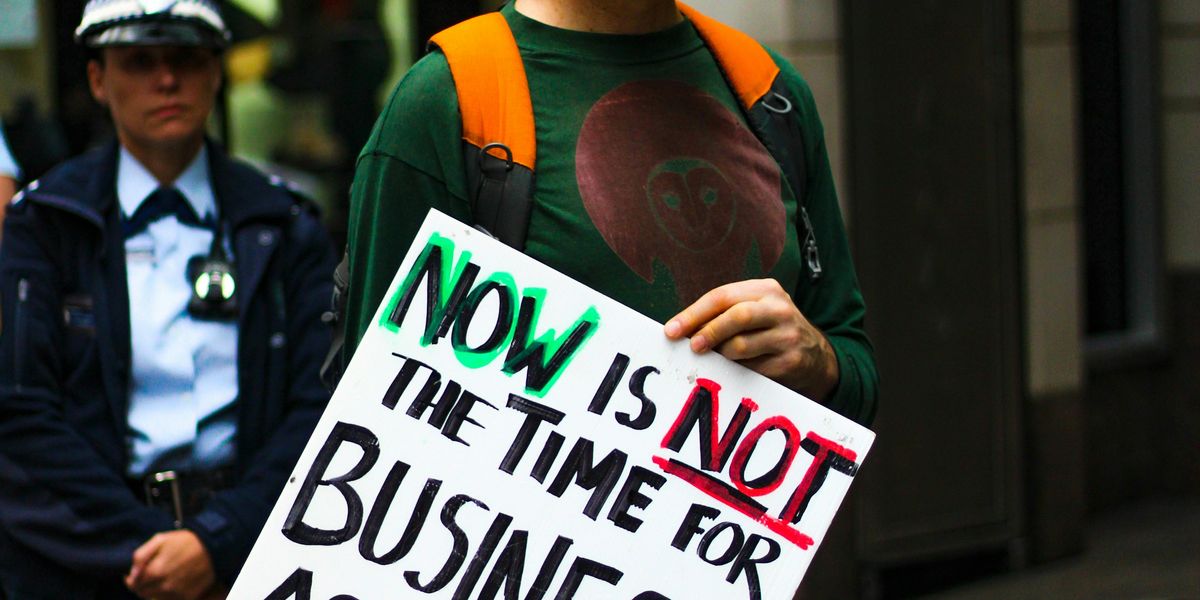zimbabwe
Villagers in Zimbabwe dig riverbeds for water as drought worsens
Severe drought in Zimbabwe is forcing residents to dig into dry riverbeds to find water, as nearly 70 million people across southern Africa face food and water shortages.
In short:
- Residents in northern Zimbabwe are digging into dry riverbeds to extract water, with rivers and dams in the region depleted.
- Food scarcity is worsening; hospital admissions for malnourished children have doubled since June.
- A local feeding program for children is struggling due to dwindling food supplies and limited rainfall.
Key quote:
"As you can see, the cattle are drinking from the same pit as us. Their urine is right there... it is not very healthy. I have never seen anything like this."
— Gracious Phiri, a mother of five
Why this matters:
With millions facing hunger and water shortages, the crisis in Zimbabwe highlights the urgent need for international aid and sustainable solutions to combat the effects of climate change in southern Africa.
Be sure to read Peter Dykstra’s piece: Of water and fever.
Extreme weather is worsening Africa's cholera crisis
Relentless extreme weather in Africa has led to severe cholera outbreaks, killing thousands and affecting hundreds of thousands more.
Sebabatso Mosamo, Farai Mutsaka, and Gerald Imray report for The Associated Press.
In short:
- Since late 2021, more than 6,000 people have died and nearly 350,000 have been infected with cholera in southern and East Africa.
- Extreme weather, including cyclones, floods, and droughts, has increased the incidence of cholera by contaminating water sources.
- A global shortage of cholera vaccines has exacerbated the crisis, particularly in poorer countries that are most affected.
Key quote:
"The outbreaks are getting much larger because the extreme climate events are getting much more common."
— Tulio de Oliveira, South Africa-based disease scientist
Why this matters:
Floods not only spread cholera but also destroy crops, leading to food insecurity and malnutrition, which weakens immune systems and makes populations more vulnerable to diseases. Conversely, droughts deplete water sources, pushing people to use contaminated water for drinking and cooking.
Zimbabwe's lithium mining faces scrutiny over environmental and social issues
Zimbabwe's rush for lithium, led by Chinese investors, overlooks crucial environmental and social standards, leading to community and worker unrest.
In short:
- Locals and workers near the Bikita Minerals lithium mine accuse both the Zimbabwean government and Sinomine Resource Group of neglecting environmental and social standards amidst lithium mining expansion.
- Despite Zimbabwe's economic reliance on lithium for growth, allegations of displacements, labor abuses, and environmental harm raise questions about the enforcement of laws and investment standards.
- The government and mining companies are called to better adhere to and enforce environmental, social, and governance standards to prevent social and environmental conflicts.
Key quote:
"There are many challenges with the current hype about energy transition. It is not about us."
— Farai Maguwu, founding director of the Centre for Natural Resource Governance
Why this matters:
For a nation with one of the largest lithium reserves in Africa, the potential for job creation and foreign investment is substantial. However, the environmental and social implications of lithium mining are significant. Environmental concerns include water pollution, habitat destruction, and soil degradation, which can have long-term impacts on local ecosystems and biodiversity.
As nations worldwide strive to combat climate change by transitioning to renewable energy, they find themselves grappling with how to avoid repeating the mistakes of 150 years of fossil fuel production.
Oxfam International says hunger rising in world’s climate hotspots
Zimbabwe's tobacco rebounds amid worries over health, labor
Zimbabwe, Africa’s biggest tobacco grower and one of the world's top exporters of the nicotine leaf, has opened its selling season for the crop amid pledges to fight deforestation and child labor.
Farmers rediscover benefits of traditional small grains in Zimbabwe
Farmers in southern Zimbabwe are shifting back to growing traditional small grains and maize after experiencing food shortages from the failure of their hybrid maize crops, which haven’t adapted well to the region’s dry soils and climate.



















